On the afternoon of November 24, 2023, Business School held a seminar on the reform and development of Digital Business and International Business Certification courses. The discussions focused on the trajectory of digital business in this new era, strategies for reforming digital curricula, and frameworks for international business certification courses. There was also an emphasis on enhancing professional standards and course offerings.
Keynote speakers included Professor Wu Wuqing from Renmin University; Professor Zhao Erhao from Beijing Institute of Technology; Professor Wu Bao, Deputy Dean at Zhejiang University; and Professor Liu Yingqi from Beijing Jiaotong University. Attendees included Zuo Min, Vice President at Beijing Technology and Business University; Yu Tao, Deputy Director of Academic Affairs; Fu Shilun, Secretary of the Party Committee at Business School; as well as He Yurun (Dean), Zhao Chuan (Deputy Dean), Liu Hong (Deans across departments), center directors, and core curriculum leaders. The session was chaired by Zhao Chuan.

Professor Zuo Min welcomed visiting experts and professors. He noted that Beijing Technology and Business University has prioritized "building a high-level research university" while engaging in talent training innovations, discipline construction efforts aimed at excellence climbing actions alongside team building initiatives for enhanced international exchanges. He emphasized that the university is committed to its strategic vision— “strengthening business education while refining engineering disciplines through industry-academia integration”—and is seizing opportunities presented by educational digital transformation to advance new engineering practices alongside innovative business models. The essence of digital advancement lies within curricular reforms where developing multidimensional digital course formats along with micro-courses is essential for effective educational digitization implementation. Additionally, achieving international accreditation is crucial for fostering external connections while promoting necessary institutional reforms.In his concluding remarks during this segment opening ceremony wishing success upon this event.
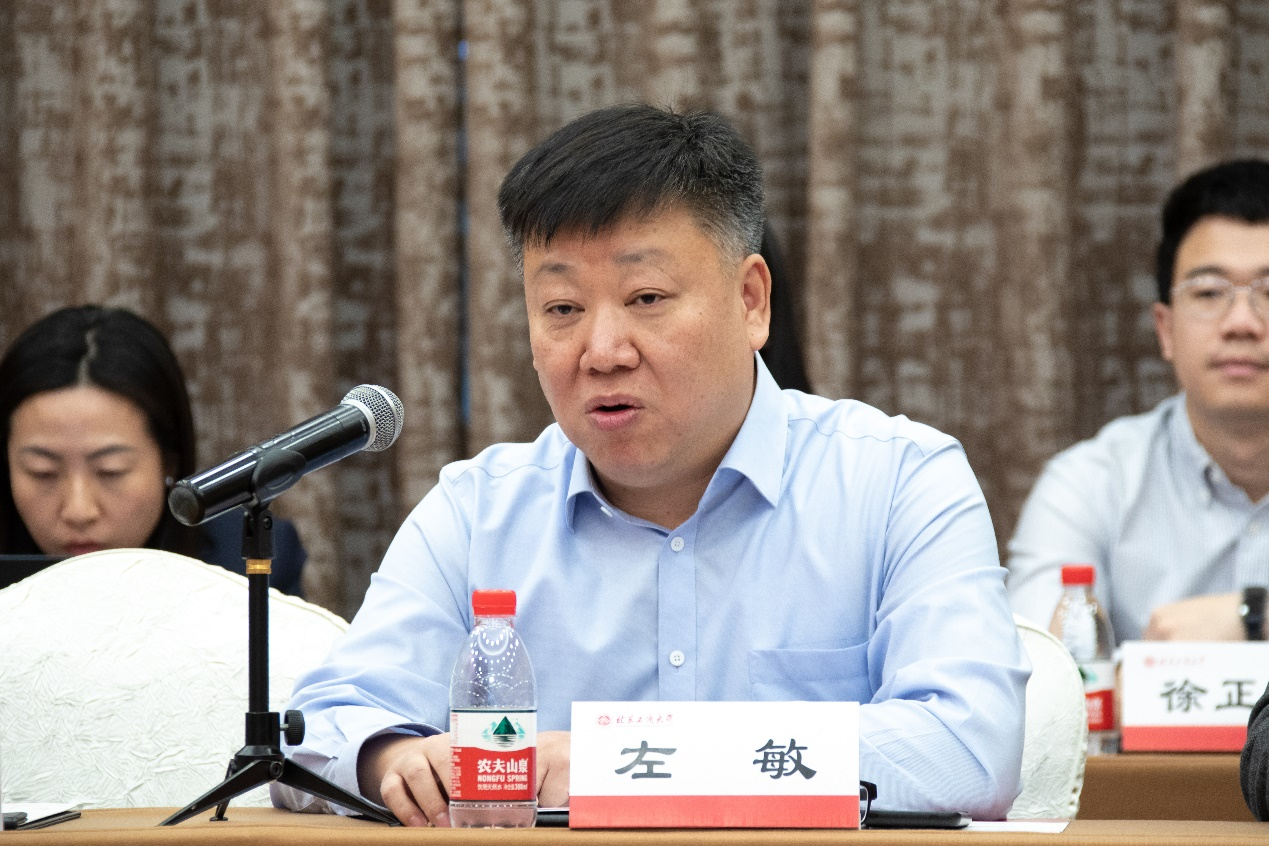
During the first half of conference proceedings focused specifically on curriculum digitization transformations wherein Professors Wu Wuqing and Zhao Erhao shared their experiences regarding constructing robustly designed digital coursework structures.
Under “Designing High-Quality Management Courses Amidst Digital Evolution,” Prof. Zhao elaborated insights gained through developing various forms including MOOCs & hybrid learning environments stressing three pivotal challenges: integrating specialized subject matter with ideological-political content delivery methods utilizing information technology effectively whilst ensuring alignment between political ideologies embedded throughout these digitally-enhanced programs . Drawing conclusions based off national quality video open-course responsibilities , he articulated how cultivating moral integrity intertwined harmoniously with academic pursuits remains paramount emphasizing student engagement via diverse knowledge applications .

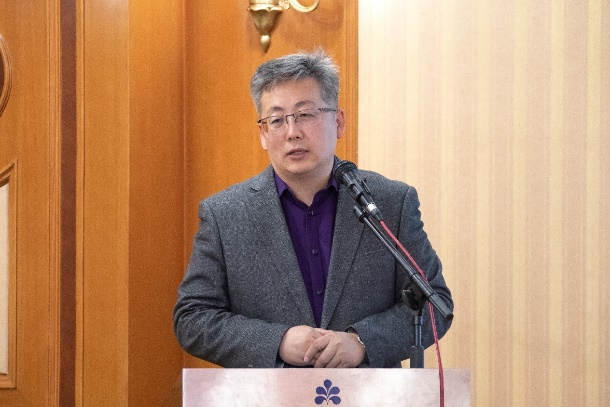
Meanwhile, Prof. Wu Wuqing titled “Intelligent Finance And Accounting Education Empowered By Interdisciplinary Ecological Environment Construction” detailed methodologies surrounding successful implementations highlighting importance placed upon creating collaborative laboratories partnering closely together alongside leading-edge enterprises hosting forums dedicated towards facilitating seamless transitions bridging scientific inquiry/practice realms alike .
Expert presentations elicited enthusiastic responses among attending faculty members who subsequently exchanged personal anecdotes reflecting individual journeys navigating similar pathways toward advancing their own respective programmatic developments informed directly via expert recommendations provided earlier discussed topics.
Subsequently invited were Professors Wu Bao & Liu Yingqi sharing perspectives concerning themes related specifically around international certification processes pertaining curricular design considerations .
Entitled “Implementing Responsible Sustainable Management Teaching Frameworks Within A Digitally Driven Context”, Prof. Wu Bao outlined comprehensive approaches taken when structuring responsible sustainable management courses encompassing aspects ranging setting up appropriate pedagogical frameworks innovating instructional modalities forming cohesive teaching teams etc., underscoring necessity integrating empirical findings derived scientific investigations into classroom settings enriching overall diversity available resources utilized therein .
Conversely,Prof. Liu Yingqi introduced concepts revolving around BGA International Accreditation requirements detailing systematic integrations green sustainability principles existing curriculums aligning them accordingly UN SDGs objectives providing ample resource allocations attracting global educators contributing expertise further enhancing overall effectiveness achieved thereby .
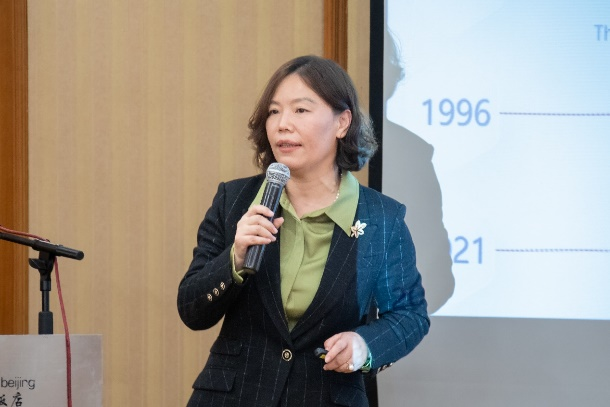
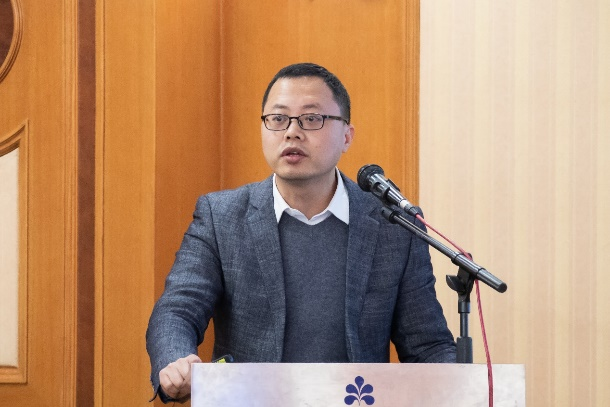
Relevant stakeholders engaged actively seeking guidance gleaned invaluable lessons learned analyzing current state affairs identifying strengths inherent existing offerings proposing actionable improvements addressing gaps hindering compliance mandates set forth under BGA guidelines established previously mentioned sessions concluded successfully wrapping up day-long engagements culminating fruitful outcomes anticipated moving forward thereafter .
Finally ,Dean He Yurun expressed gratitude extended towards esteemed guests reiterating heightened expectations surrounding ongoing advancements relating both technological innovations underpinning future directions pursued internationally recognized certifications sought after diligently striving enhance reputation influence exerted locally globally alike paving way greater contributions made society economic landscapes encountered ahead!
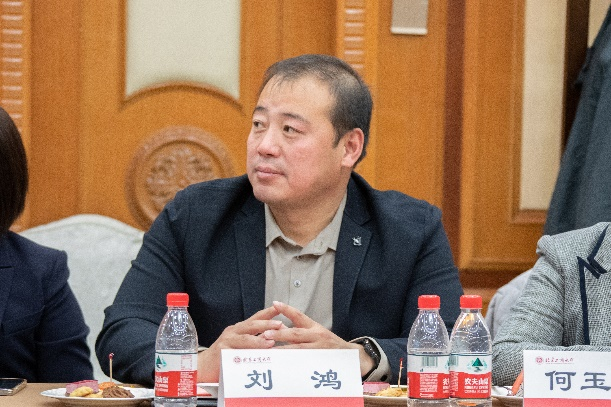
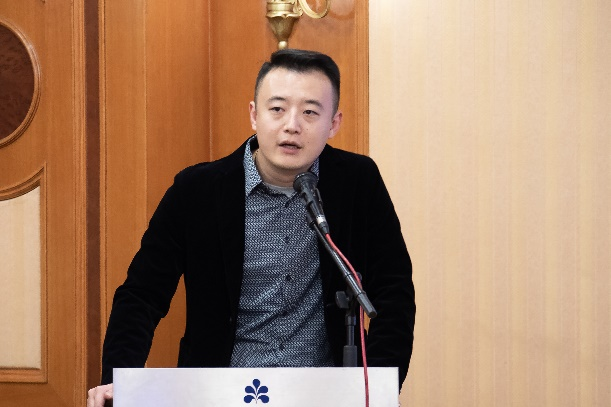
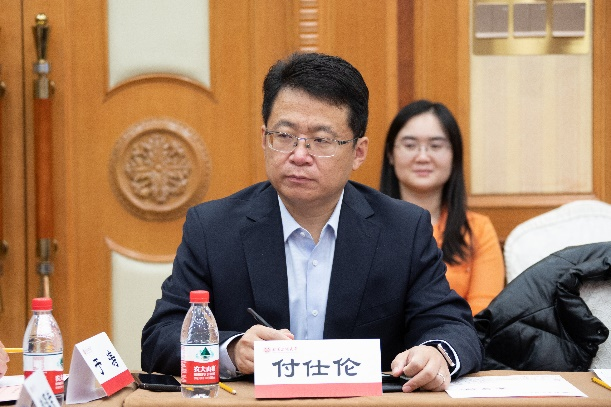
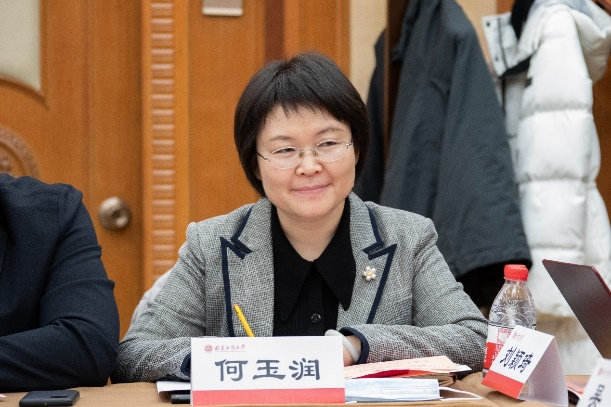
This seminar holds significant implications not only propelling institutional progressions but elevating standards associated broader scope higher education sectors ultimately driving transformative changes witnessed across fields involved thus far! Through meaningful dialogues fostered amongst participants clarity emerged guiding forthcoming trajectories envisioned shaping landscape evolving rapidly today!
